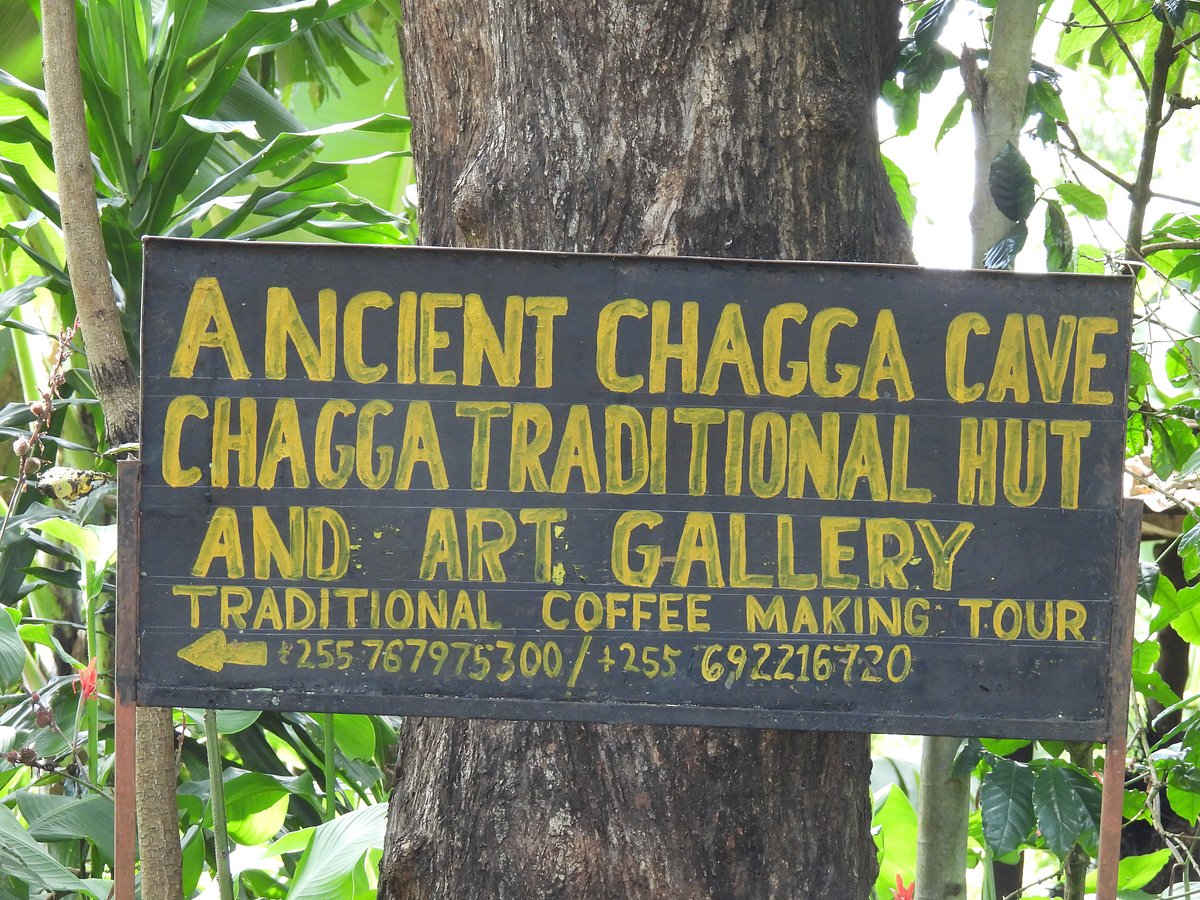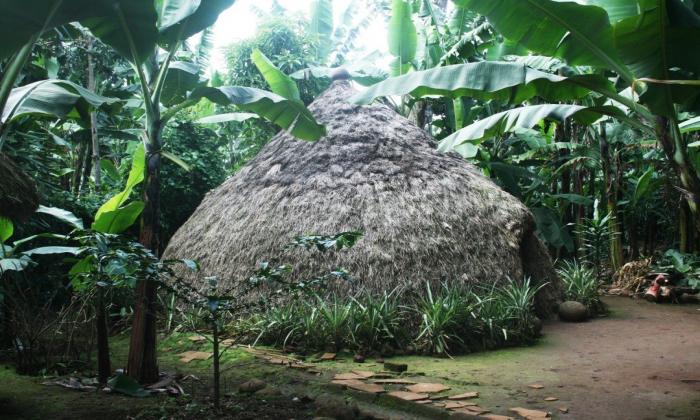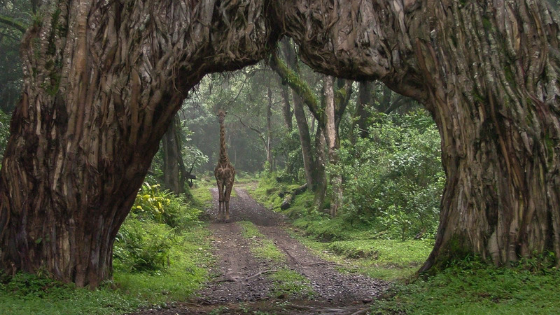Down of the foot hill of Mount Kilimanjaro outside the entrance to Kilimanjaro National
Park lays the beautiful villages of Marangu. Here, locals have planned various walking
tours through valleys and numerous waterfalls depicting mountain village life. Visitors can
conveniently commence a half day, or full day walking tours. Come enjoy the beautiful
scenery of Kilimanjaro in the background without bearing freezing cold temperatures or
exerting five days of physical strain.
Frequently Asked Questions (FAQ)
We offer trekking tours on Mount Kilimanjaro, Africa's highest peak, and Mount Meru, as well as safaris in several iconic Tanzanian national parks, including:
Serengeti National Park (known for its incredible wildlife and the Great Migration)
Ngorongoro Crater (home to one of the richest concentrations of wildlife on Earth)
Tarangire National Park (famous for its large elephant herds)
Lake Manyara National Park (known for its tree-climbing lions and diverse birdlife)
Ruinsori and Gombe Stream for trekking and chimpanzee safaris.
We offer several trekking routes to the summit of Mount Kilimanjaro, including:
Marangu Route (the “Coca-Cola” route, the most popular for beginners)
Machame Route (also known as the "Whiskey" route, for those looking for a more challenging trek)
Lemosho Route (offers a quieter experience with beautiful scenery)
Rongai Route (the only route that approaches from the north)
Shira Route (a less-crowded, scenic route)
Umbwe Route (the most challenging and direct route)
The best times to trek Mount Kilimanjaro are during the dry seasons, which are typically from:
June to October (the long dry season)
January to March (the short dry season) These periods offer the best weather conditions for climbing. However, trekking is possible year-round, though it can be more challenging during the rainy season (March to May).
The duration of the trek depends on the route you choose. Typically, climbing Kilimanjaro takes:
5-7 days for most routes (such as Machame or Marangu)
8-9 days for longer, more scenic routes like Lemosho, which increases your chances of summit success.
The success rate for summiting Mount Kilimanjaro can vary depending on the route, duration of the trek, and your physical fitness. On average, climbers who follow longer routes with proper acclimatization (7+ days) have a higher success rate—usually around 60-70%.
You should bring:
Clothing: Layered clothing (base layer, mid-layer, waterproof jacket, and warm gear)
Footwear: Sturdy trekking boots, comfortable socks
Other essentials: Sleeping bag, trekking poles, hat, gloves, sunscreen, sunglasses, a water bottle or hydration system, camera
Personal items: Passport, visa (if required), and other personal items for the trek
Our safari packages typically include:
Transport: Safari vehicle with an experienced driver-guide
Accommodation: Depending on the package, stays in luxury lodges, tented camps, or budget accommodations
Park fees: Entrance fees to national parks and reserves
Meals: Full board during safari days (breakfast, lunch, and dinner)
Guides: Expert driver-guide with knowledge of the wildlife and the area
Our safaris can range from 2-day to 10-day packages, depending on your preferences and the number of parks you wish to visit. The most common safaris last around 5-7 days, allowing you to explore multiple parks like Serengeti and Ngorongoro Crater.
We use specially equipped 4x4 safari vehicles, designed for comfort and optimal wildlife viewing. These vehicles are roof-top pop-up vehicles, allowing you to stand up and get a better view of the wildlife. All vehicles are well-maintained to handle off-road conditions in national parks.
You can book your trip through our website by filling out the booking form or contacting us directly via email or phone. We’ll discuss your preferences, provide detailed itineraries, and assist with any travel planning needs.
Both options are available. We offer private tours for those who prefer a more personalized experience, as well as group tours for those looking to join others and share the experience.
Tanzania is generally considered safe for tourists. However, like any destination, it’s important to follow basic safety precautions. We recommend working with a reputable tour operator, staying in secure accommodations, and taking proper health precautions (e.g., vaccinations, malaria prophylaxis). Shayo Trekking and Safaris ensures all safety standards are met for your peace of mind.
Yes! In addition to trekking and safaris, we also offer:
Cultural tours to visit Maasai villages or experience local traditions
Day trips to various parks or Zanzibar
Chimpanzee trekking in Gombe or Mahale Mountains
Beach holidays on the shores of Zanzibar or Pemba Island






Comment 01
Peter jihn,
11 November, 2024Quotr
Comments are closed.